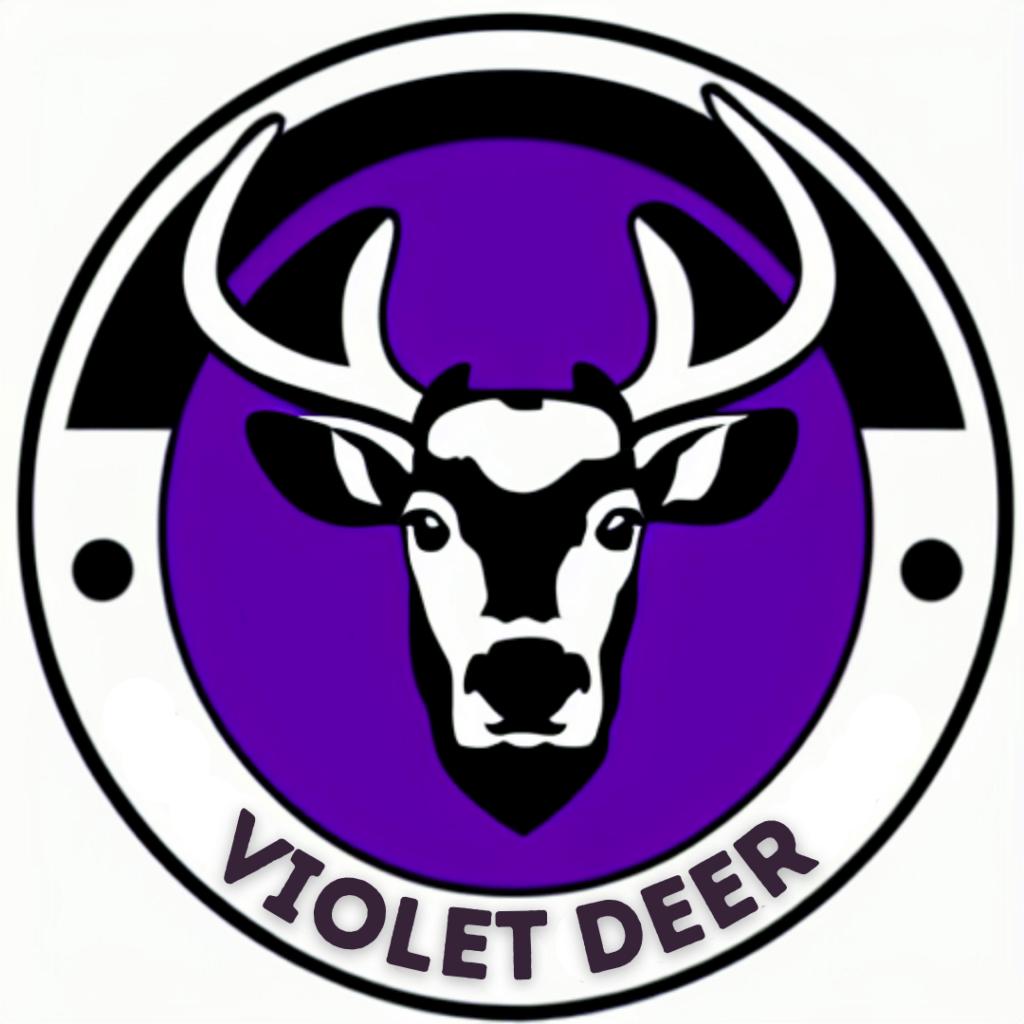In today’s fast-paced marketing world, traditional interview questions often fail to uncover the true potential of candidates. Let’s explore why these conventional queries might be outdated and introduce a set of relevant, insightful questions tailored for the modern marketing landscape.
Why Should You Ask Marketing Interview Questions

Understanding the Marketing Landscape
Exploring why marketing interview questions are pivotal, this section delves into how they reveal a candidate’s grasp of the marketing landscape.
It emphasizes understanding the dynamic nature of marketing tools, roles, and campaigns, crucial for any marketing role in today’s fast-evolving marketing industry.
Identifying Skills for Marketing Roles
Here, the focus shifts to identifying core competencies for marketing jobs.
From analyzing job descriptions to assessing knowledge of marketing campaigns and tools, this section highlights how tailored questions can uncover the skill sets vital for various marketing roles, including those of marketing managers.
Assessing Alignment with Company Culture
This part underscores the importance of aligning candidates with the company culture.
By using targeted marketing interview questions, hiring managers can gauge how a candidate’s values and management style align with the company’s ethos, ensuring a cohesive marketing team.
Discovering Campaign Success Stories
Key to this section is exploring a candidate’s history of successful campaigns.
Common marketing interview questions can uncover insights into their experience with targeting audiences, managing social media marketing, and contributing to business success, offering a window into their potential for future campaigns.
Evaluating Career Aspirations and Fit
Focused on career trajectories, this segment discusses how marketing interviews can illuminate a candidate’s career goals and potential for growth.
By understanding their significant career achievements and aspirations for career advancement, interviewers can assess the fit for long-term roles within marketing teams.
Exploring Technical and Soft Skills
Finally, this section advocates for probing both hard and soft skills. From technical know-how like Google Analytics to soft skills like communication and leadership, effective marketing interview questions can reveal a well-rounded understanding of the candidate’s capabilities, essential for multifaceted marketing positions.
List of “Why” Marketing Interview Questions to Ask (+Why)

- Why did you choose a career in marketing? – This question helps understand the candidate’s motivation and passion for the marketing field.
- Why are you interested in this marketing role? – It reveals how well the candidate’s skills and interests align with the job description and company.
- Why do you think you’re a good fit for our marketing team? – This encourages candidates to relate their skills and experiences to the specific needs of your team.
- Why do you believe our target audience will respond to your marketing campaigns? – It assesses their understanding of the target market and ability to craft effective strategies.
- Why do you prefer certain marketing tactics over others? – This question sheds light on their strategic thinking and familiarity with various marketing approaches.
- Why is continuous learning important in a marketing career? – It evaluates their commitment to staying updated with industry trends and new technologies.
- Why do you think communication skills are important for this marketing role? – Understanding their perspective on the role of communication highlights their potential for effective collaboration and messaging.
- Why should we focus on a particular marketing channel for our company’s products? – This tests their analytical skills and understanding of multi-channel marketing strategies.
- Why are hard skills like Google Analytics important in marketing? – It gauges their knowledge of essential tools and their application in marketing campaigns.
- Why is it important to adapt marketing plans? – This question assesses their ability to be flexible and responsive to changing market dynamics.
- Why do you think customer behavior analysis is crucial in marketing? – It checks their understanding of the importance of customer insights in shaping marketing strategies.
- Why did you choose to apply your marketing skills in our industry? – This reveals their interest in and understanding of your specific business sector.
- Why do you believe a successful marketing campaign you worked on was effective? – It provides insight into their ability to evaluate and learn from past campaigns.
- Why is staying self-motivated important in a marketing role? – This explores their ability to stay focused and productive in a dynamic work environment.
- Why do you think it’s important to keep up with advertising trends? – It assesses their commitment to keeping abreast of the latest developments and integrating them into marketing strategies.
These “why” questions delve deeper into the candidate’s reasoning, thought process, and alignment with the role, providing a more comprehensive understanding of their suitability for the marketing position.
The Best Marketing Questions You Can Ask in an Interview

Exploring Marketing Campaign Experience
Asking about a candidate’s involvement in previous marketing campaigns can provide insights into their hands-on experience and understanding of how to target specific audiences.
This question helps to evaluate their practical knowledge and the effectiveness of their strategies in real-world scenarios.
Assessing Adaptability to Marketing Trends
This question aims to understand how well the candidate stays updated with industry trends and adapts their marketing tactics accordingly.
It reveals their ability to evolve in a dynamic field and how they might contribute innovative ideas to your marketing team.
Evaluating Leadership in Marketing Roles
Inquire about their leadership experience, especially in marketing roles.
This helps in assessing their leadership skills, decision-making abilities, and how they handle team dynamics.
It’s crucial for positions where they’ll be leading projects or managing a team.
Understanding Approach to Target Markets
Understanding a candidate’s approach to identifying and engaging with target markets is vital.
This question delves into their analytical skills and how they use customer behavior insights to tailor marketing efforts, reflecting their strategic thinking and adaptability.

Gauging Social Media Marketing Expertise
Given the importance of social media in marketing, asking about their experience with social media channels is key.
This reveals their ability to effectively leverage these platforms for marketing purposes and their understanding of different social media dynamics.
Assessing Analytical Skills Through Marketing Challenges
Present a hypothetical marketing challenge and ask how they would address it.
This tests their analytical skills, creativity, and problem-solving abilities, and gives insight into how they think on their feet and approach complex marketing problems.
Discussing Career Achievements and Goals
Discussing their most significant career achievement in marketing and their future career goals provides a glimpse into their professional journey and aspirations.
It helps assess if their career trajectory aligns with the opportunities your company offers, ensuring a mutual fit.
The Worst Marketing Questions You Can Ask in an Interview

Generic Questions About Marketing Tools
Asking overly general questions about marketing tools fails to assess the candidate’s specific skills and knowledge.
These types of questions often lead to generic answers that don’t provide insight into their practical experience or how they would apply these tools in your specific marketing context.
Vague Questions About Marketing Success
Questions that are too broad about marketing success or successful campaigns can be unproductive.
They don’t prompt the candidate to share detailed strategies or learning experiences.
Specificity is key to understanding their role and impact in past successes.
Irrelevant Hypothetical Scenarios
Asking about hypothetical marketing scenarios that are irrelevant to your company’s context or the specific marketing role can be misleading.
It may not accurately assess the candidate’s suitability for the job and can lead to confusion about job expectations.
Overemphasis on Past Job Titles
Focusing too much on the titles held in previous marketing jobs rather than the actual responsibilities and achievements can be misleading.
Titles vary greatly across companies and may not accurately reflect the candidate’s skills or experience.

Superficial Questions on Social Media Trends
Asking superficial questions about current social media trends without relating them to specific marketing objectives or target audiences can result in shallow answers.
It’s more insightful to discuss how they’ve successfully leveraged social media in past marketing campaigns.
Closed-Ended Questions Lacking Depth
Closed-ended questions that can be answered with a simple “yes” or “no” often miss the opportunity to delve into the candidate’s thought process, creativity, and problem-solving skills.
Open-ended questions encourage more detailed and informative responses.
Questions Unrelated to the Marketing Role
Asking questions that are not directly relevant to the marketing role or the company’s business can lead to wasted time and may confuse or frustrate the candidate.
It’s important to focus on questions that reveal the candidate’s fit for the specific role and your company’s marketing needs.
How to Get Prepared for Marketing Interview Questions from Marketing Team

Understanding the Job Description
To prepare for a marketing interview, thoroughly study the job description.
This is crucial to understand the specific marketing roles and responsibilities the position entails.
Tailoring your preparation based on the job description ensures you can speak confidently about how your skills and experiences align with the role’s requirements.
Researching Past Marketing Campaigns
Investigate the company’s past marketing campaigns to gain insights into their style, target audience, and the marketing tactics they favor.
This research will help you understand their marketing approach, enabling you to discuss how your skills and experiences could contribute to future successful campaigns on service marketing.
Brushing Up on Marketing Fundamentals
Review common marketing interview questions and refresh your knowledge on fundamental marketing concepts.
This includes understanding various marketing channels, customer behavior, and analytical skills. Being well-versed in these areas demonstrates your solid foundation in marketing principles.
Preparing Examples of Past Success
Be ready to discuss examples of successful campaigns you’ve been a part of, highlighting your specific role and achievements.
This not only showcases your experience but also your ability to contribute meaningfully to marketing projects.
Tailor these examples to mirror the job description and the company’s marketing style for marketing manager and most marketing jobs for marketing tactic of successful campaign.
Demonstrating Analytical and Creative Skills
Marketing often requires a balance of creativity and analytical skills.
Prepare to showcase your ability to analyze market trends, customer behavior, and campaign performance, as well as your creative process in developing marketing strategies and tactics.

Articulating Career Goals and Aspirations
Be prepared to discuss your career goals and how they align with the opportunity at hand.
This includes expressing your interest in career advancement opportunities within the company and how you see the role fitting into your larger career trajectory.
Anticipating Open-Ended Questions
Expect and prepare for open-ended questions that allow you to demonstrate your thought process and problem-solving skills.
Practice giving comprehensive, honest answers that reflect your ability to handle various marketing challenges.
These responses can illustrate your readiness for the role and your potential as a valuable team member.
